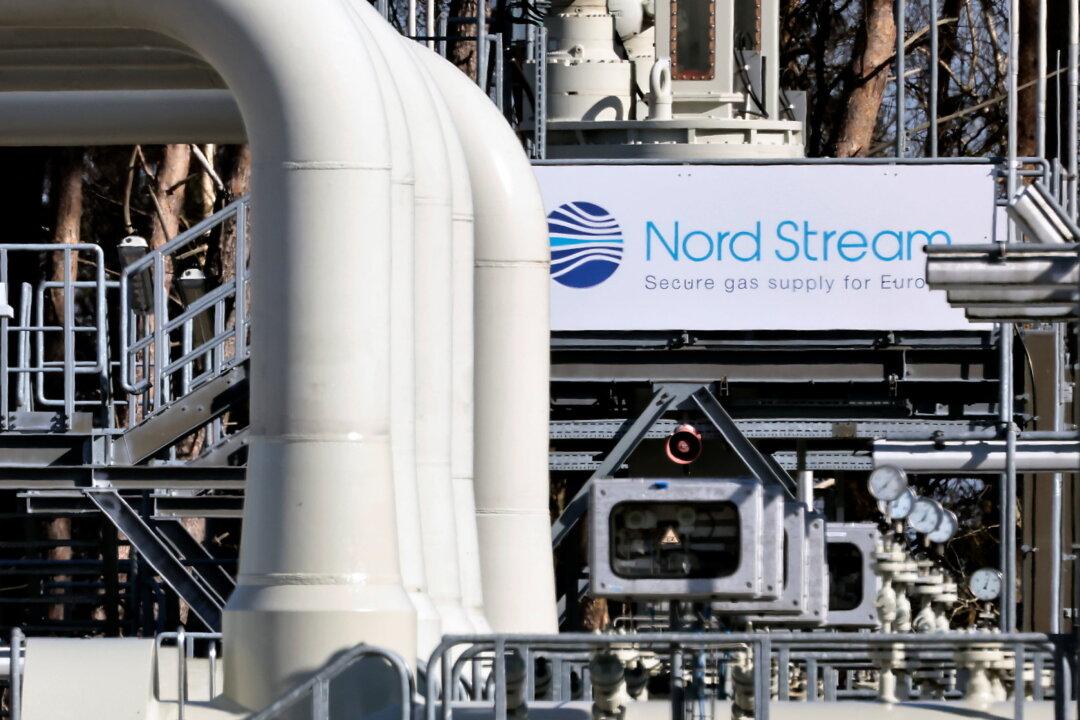BRUSSELS/OSLO—The European Union will temporarily shift back to coal to cope with dwindling Russian gas flows without derailing longer term climate goals, an EU official said on Wednesday as a tight gas market and soaring prices set off a race for alternative fuels.
European leaders have rounded on Russia as flows through its Nord Stream 1 pipeline were cut to 40 percent of capacity, deepening an energy standoff after the invasion of Ukraine prompted Europe to impose tough sanctions on Moscow.





